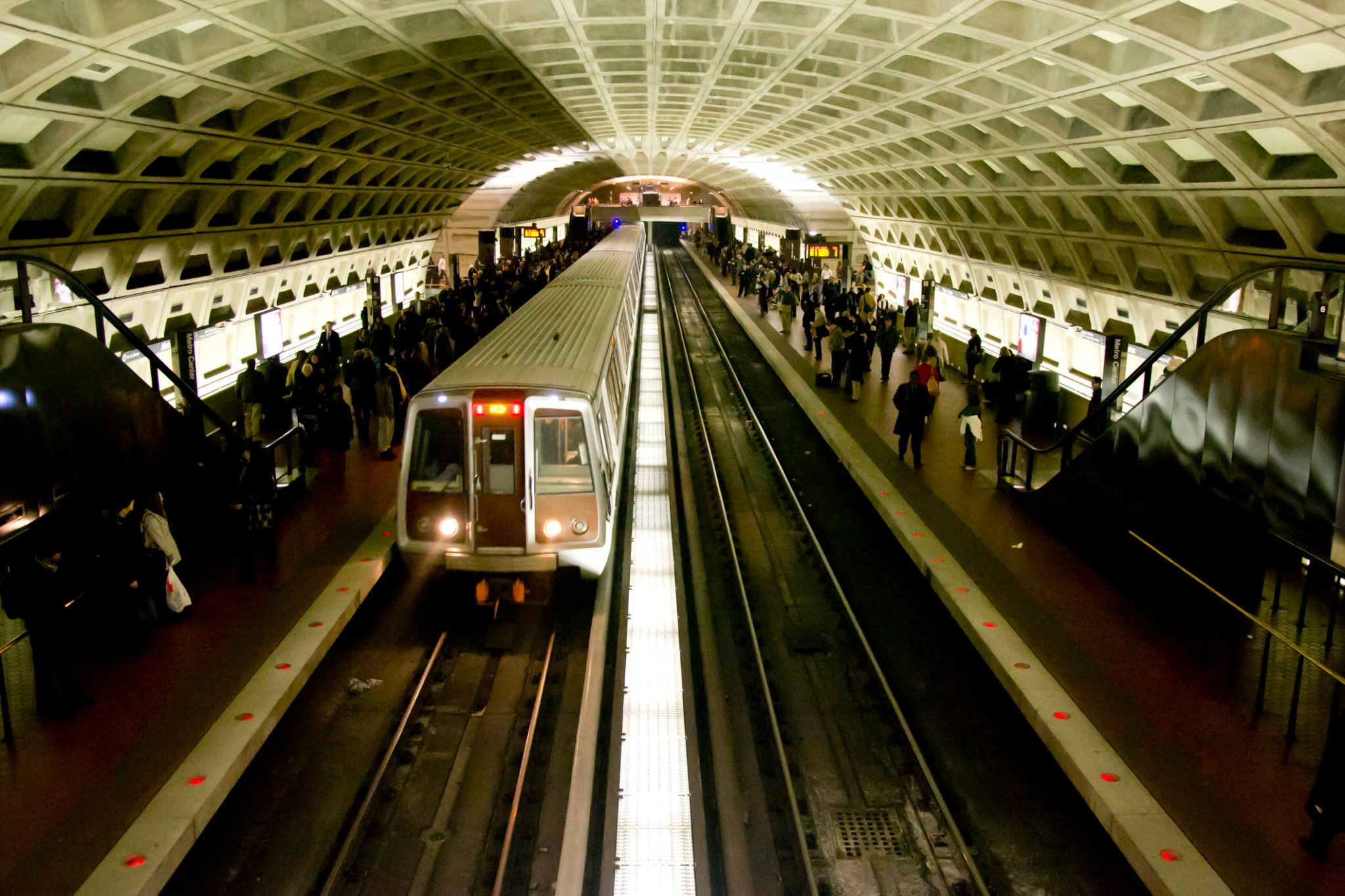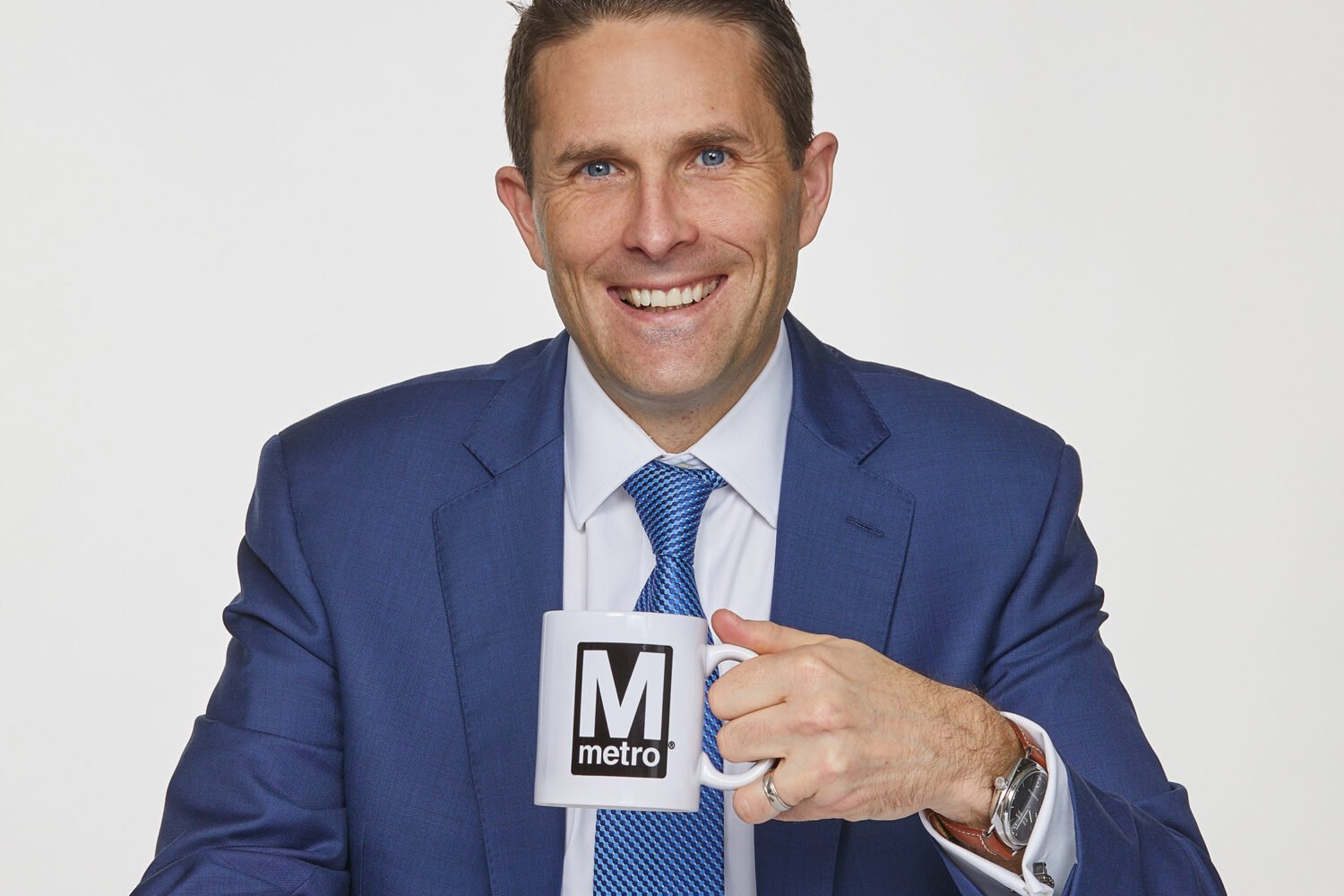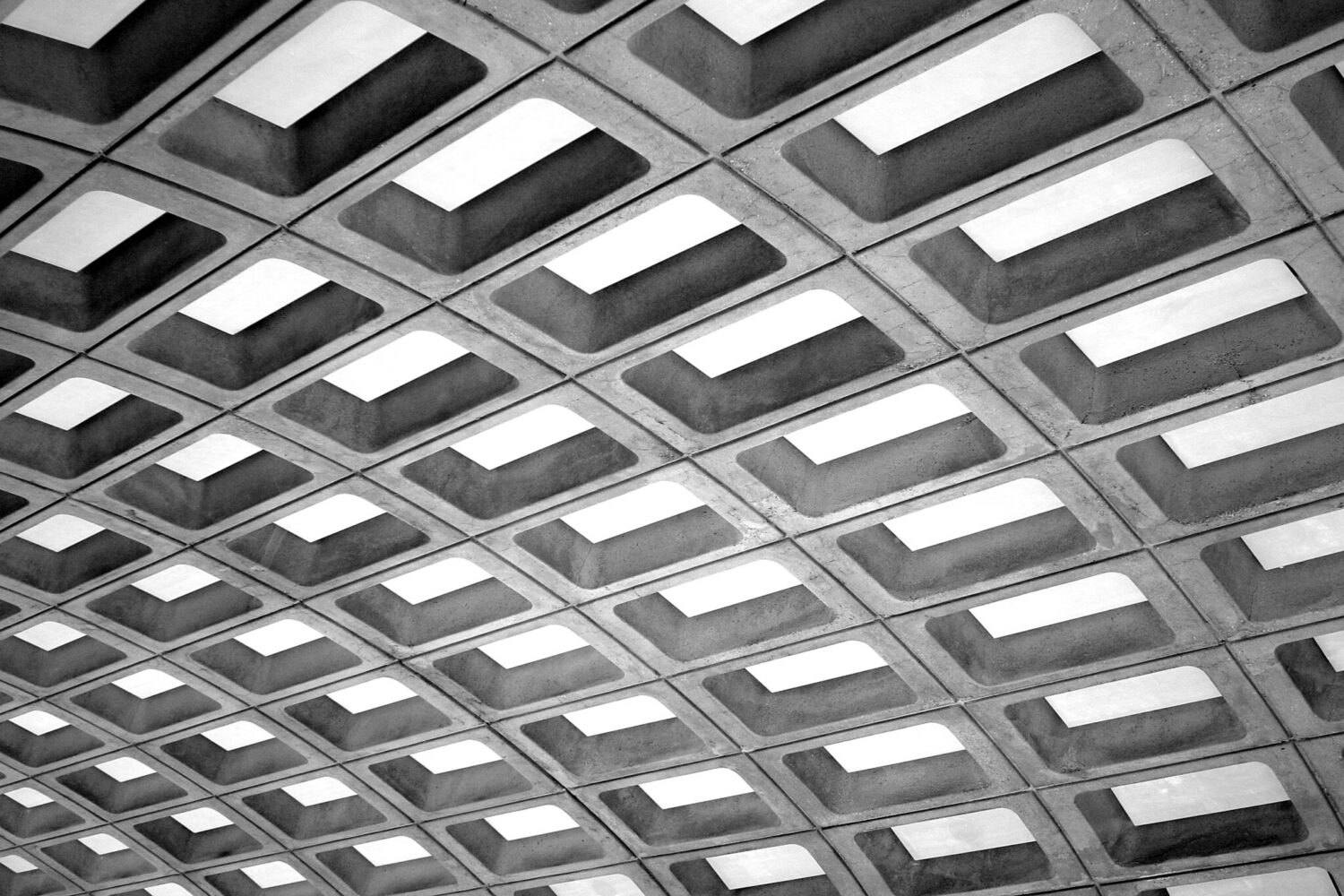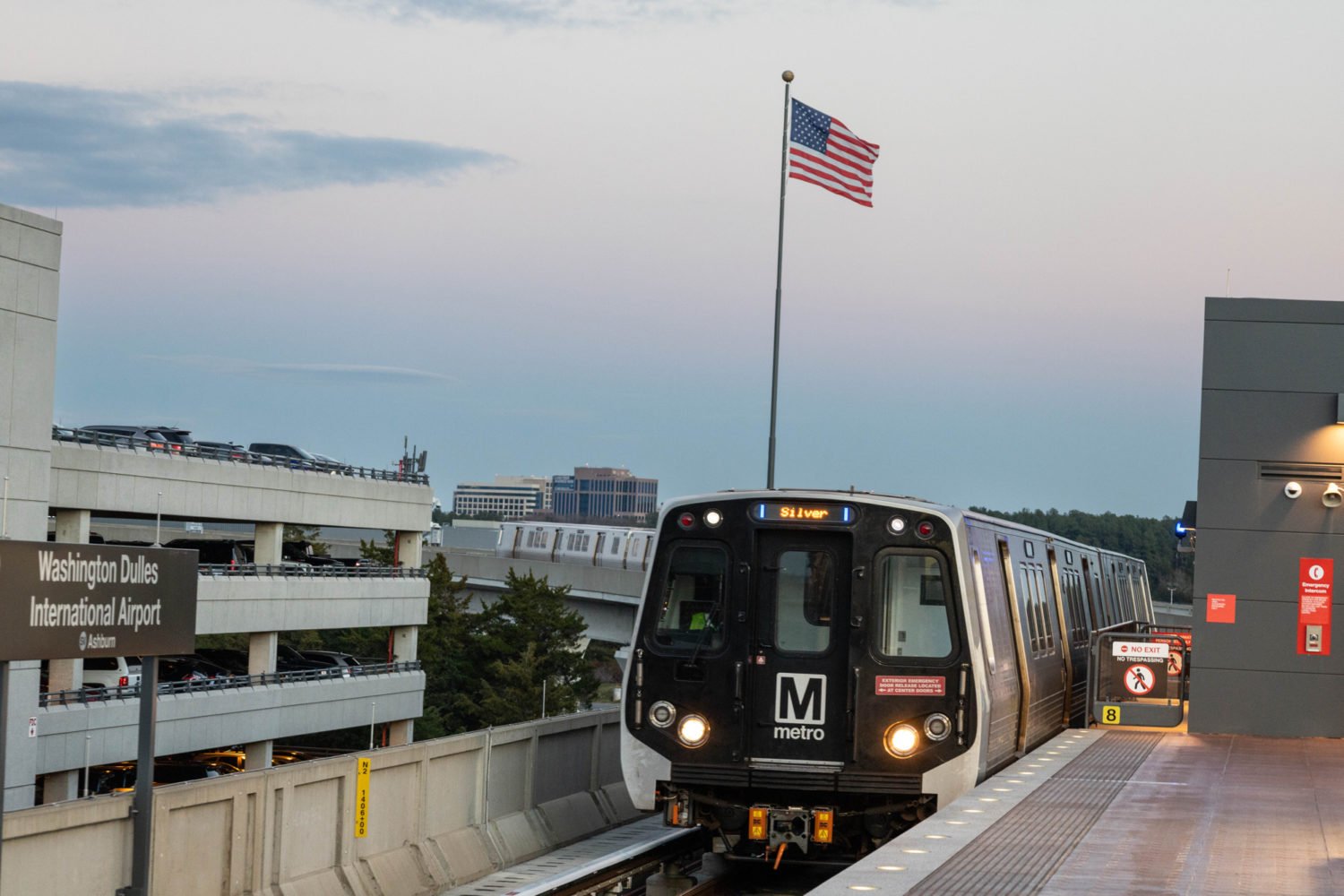Metro delays will extend through the end of the year at least, as Washington’s rail transit system still can’t provide a timetable for the return of all of the cars that were pulled offline five weeks ago due to safety concerns.
That’s the takeaway from WMATA’s most recent service update, issued today, which outlines the problems facing Metro’s leaders as they try to address the system’s latest headache.
The current wave of service disruptions began in late October when Metro inspectors discovered problems with an axle on a recently derailed train and responded by pulling nearly two-thirds of its rail-car fleet out of service as a precaution. The move led to delays of up to 40 minutes for some Metro riders.
In Monday’s announcement, Metro blamed the continued service delays on the ongoing efforts to finalize “new inspection protocols” for its 7000-series rail cars and problems in obtaining parts for its 6000-series railcars, on account of strains in the global supply chain.
“This is a monumental undertaking,” Metro General Manager Paul Wiedefeld said in a statement included in the release. “We are intentionally not setting deadlines so that safety and good data drive our decisions.”
In the release, Metro said that at roughly 75 percent of stations, Metro trains are now arriving every 10 to 12 minutes. Metro also notes that, on account of the pandemic, the system is carrying an average of 70 percent fewer riders during weekdays.
“While we know service is not as frequent as customers would prefer,” Wiedefeld said, “we will add each train as it becomes available to help incrementally improve service reliability and frequency.”


![Luke 008[2]-1 - Washingtonian](https://www.washingtonian.com/wp-content/uploads/2017/10/Luke-0082-1-e1509126354184.jpg)
















